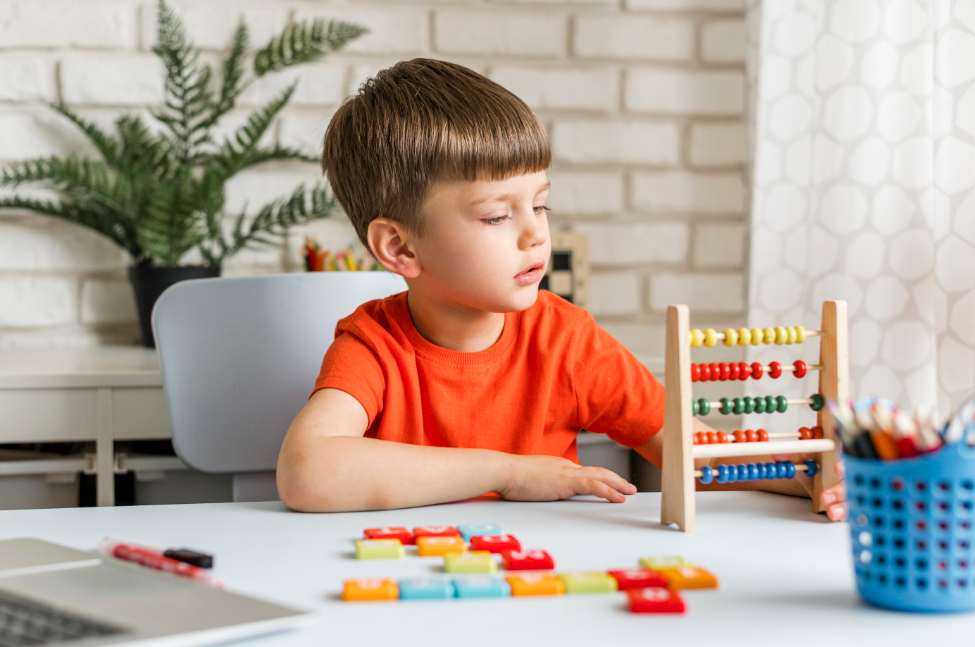
The first learning experience that children have is usually the most daunting and challenging, not just for the children, but for the parents as well. Children don’t always know how to absorb their surroundings and the information available in a positive and effective way. That kind of learning environment needs to be created.
Multiple studies have shown that exposure to the right learning materials and being in a positive environment are crucial to the early learning experience of children. For parents and teachers, this means putting in place the right learning elements to support the cognitive and socio-emotional growth of children. These three early learning essentials are the ones you need to understand as parents.
Understanding Children’s Learning Process
The first key to a positive early learning experience is a good understanding of children’s learning process. When teachers and parents fully understand how children learn new things, it is much easier to deliver the right information and learning materials.
The Importance of Early Childhood Education and ECE Degree Programs, an article by Merrimack College, details how the years spent in kindergarten through second grade are the most important, and that learning needs to be optimized during these years.
Being the leading name in early education studies, Merrimack now hosts a series of programs on early education, including its M.Ed. in Elementary Education course. The programs help teachers understand the learning process of children in a more in-depth and targeted way.
Curiosity as Fuel
Curiosity is the next element to introduce to amplify children’s learning in their early years. Children are naturally curious, but it is still necessary to maintain – if not boost – their curiosity to make learning more fun and engaging.
With curiosity as the main fuel for learning, children are more likely to absorb valuable information from their learning environment. Curiosity also allows children to be more open to new learning. It gives them incentives to explore.
The positive effects of curiosity last a lifetime. When children are encouraged to be curious and to learn new things while exploring their surroundings, they will maintain that mentality as they grow older and start learning about more advanced subjects.
Empathy and Listening
The biggest element of them all, however, is empathy. Children’s learning environment needs to be one that is sensitive to the way they react to the learning process itself. There are times when adjustments are needed to make sure children can learn in an effective way.
For teachers, the ability to show empathy is invaluable. It earns the attention and respect of children, which, in turn, makes them more open to the information being conveyed. This creates ideal dynamics in early learning.
For parents, on the other hand, the ability to listen is crucial. Parents must set aside time and energy to listen to their children; listen to understand rather than to reply. It encourages children to be more open without fearing negative reactions from parents. It allows them to explore even more.
These three elements of early learning are what make children excited about discovering new things. When the elements are present, providing the best learning experience to children – one that will shape their future – will not be so challenging.
